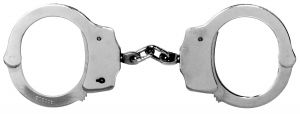Pardons and Gun Rights
One of the most common questions I am asked is the effect of a felony pardon on a person’s ability to possess a firearm. The answer is a bit more complex than one might think at first glance.
The Alabama Board of Pardons and Paroles has the authority in our state to issue pardons and restore “civil rights.” These rights include the right to vote, the right to hold public office, and of course the right to possess a firearm.
 Alabama Pardon and Expungements Blog
Alabama Pardon and Expungements Blog


